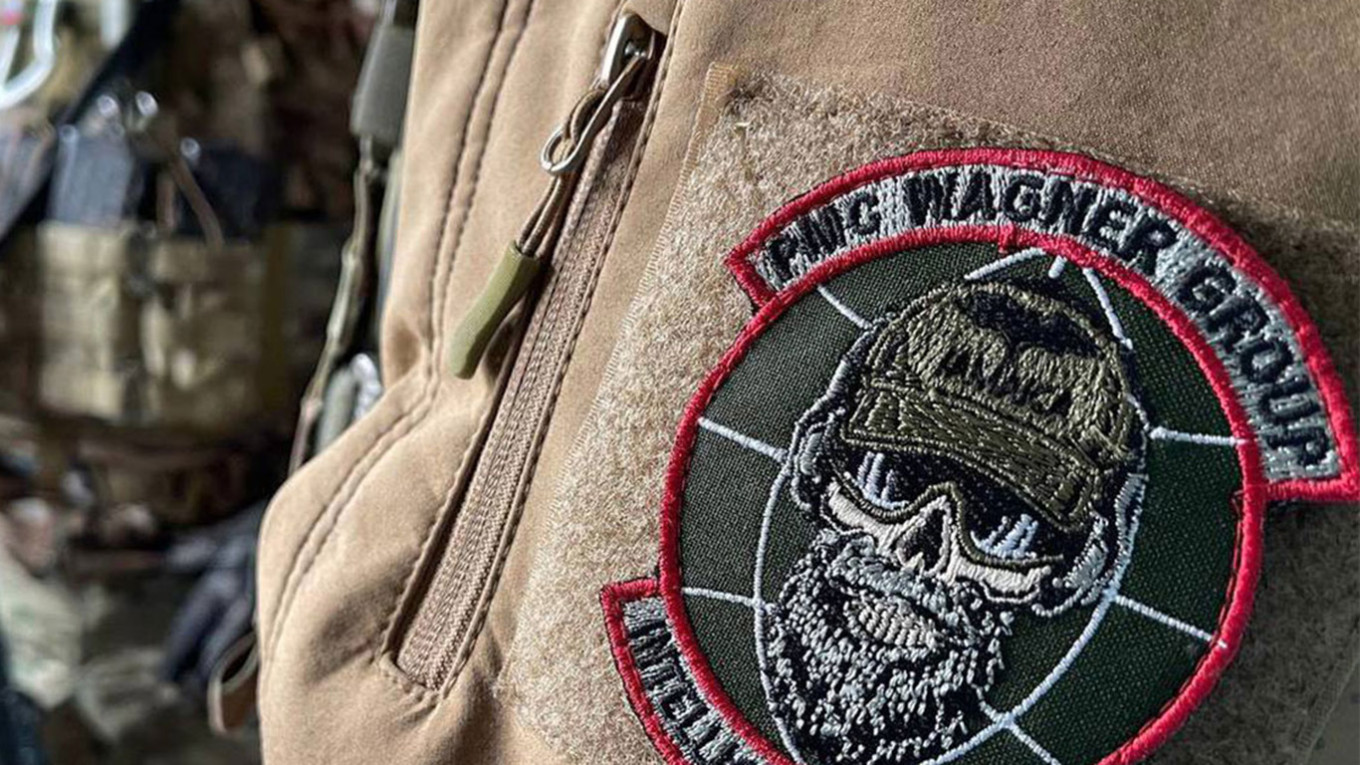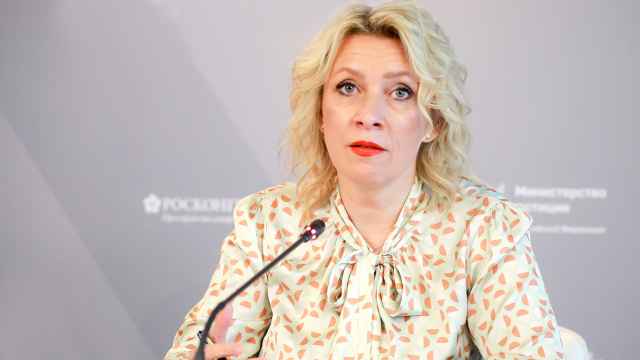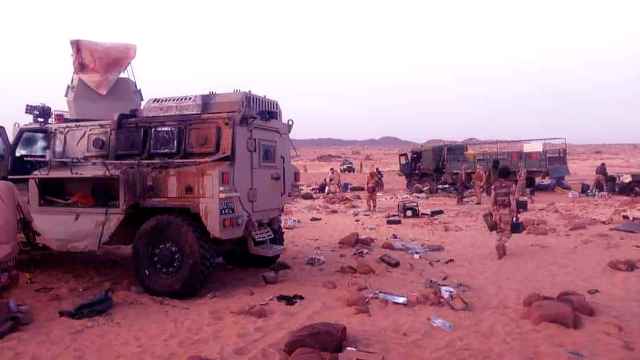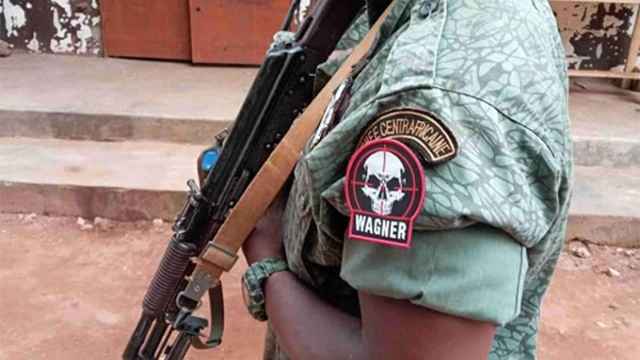Countries that sell weapons to nations where Russian private military companies (PMCs) operate risk breaching global arms control rules, a new report by the Global Initiative Against Transnational Organized Crime (GI-TOC) has said.
The findings highlight a gap in global arms monitoring systems, which lack systems to tackle the sometimes blurred line between PMCs and national militaries, as well as the fusion between conflict and organized crime.
This blind spot allows mercenaries to seize weaponry from its intended customers and use it to commit war crimes, GI-TOC argued.
The Wagner Group had been accused of committing massacres, torture and rape against civilians since its first intervention in Mali at the request of the country’s ruling junta, as well as looting communities and extorting industries like the lucrative gold mining sector.
After the mercenary group was deployed, the number of civilian casualties in Mali between 2021-2024 doubled compared to the years before.
Russian mercenaries did not arrive in the country fully equipped. According to open-source imagery and interviews GI-TOC conducted with sources in Mali, the Wagner Group sourced weapons through combat and stealing from official Malian Armed Forces (FAMa) stocks.
This allowed Wagner to operate more discreetly and in closer collaboration with FAMa while saving Moscow money, Julia Stanyard, a senior analyst at GI-TOC, told The Moscow Times.
“They managed to expand Russia’s influence across Africa with small numbers of troops and equipment,” she said. “It also reflects the fact that they don’t operate in a way that any other international actor would.”
These include armored vehicles supplied by China, the UAE, Nigeria and France; vehicle-mounted weapons from China; and even reports that Turkish Bayraktar attack drones have been spotted at Wagner bases.
The Turkish Defense Ministry said that any reports of third-party Bayraktar use not based on “official statement or concrete evidence” should not be seen as credible.
According to researchers, the co-opting of this equipment could constitute a breach of the Arms Trade Treaty, which requires arms exporters and their customers to take measures to ensure that their weapons will not be used against civilians or in war crimes.
Mali, China, Nigeria and France are parties to the treaty. But the UAE and Turkey have not ratified it, meaning that they rely on domestic arms control measures to monitor arms exports.
Many of these transfers predated Wagner’s arrival in Mali. But China, Turkey and the United Arab Emirates all sold equipment to the country after Wagner arrived and evidence of them using captured weapons emerged.
The GI-TOC researchers argued that there was sufficient publicly available information at the time of these transfers that exporters could “reasonably have assessed” there was a risk of their goods being used by mercenaries.
Wagner announced in June 2025 that it would withdraw from Mali, having “completed its mission” in the country. It was replaced by the Africa Corps, an outfit overseen by the Russian Defense Ministry.
This allows the Kremlin to bring the profitable fighting force under closer control while retaining its workforce: 70-80% of Africa Corps personnel previously belonged to the Wagner Group.
The report said it was too early to tell the extent to which the Africa Corps has appropriated weapons sold to FAMa.
The group has deployed a number of armored vehicles and aircraft Russia transported to the country in 2025.
It was unclear whether this equipment was intended for the mercenary group or FAMa.
A Message from The Moscow Times:
Dear readers,
We are facing unprecedented challenges. Russia's Prosecutor General's Office has designated The Moscow Times as an "undesirable" organization, criminalizing our work and putting our staff at risk of prosecution. This follows our earlier unjust labeling as a "foreign agent."
These actions are direct attempts to silence independent journalism in Russia. The authorities claim our work "discredits the decisions of the Russian leadership." We see things differently: we strive to provide accurate, unbiased reporting on Russia.
We, the journalists of The Moscow Times, refuse to be silenced. But to continue our work, we need your help.
Your support, no matter how small, makes a world of difference. If you can, please support us monthly starting from just $2. It's quick to set up, and every contribution makes a significant impact.
By supporting The Moscow Times, you're defending open, independent journalism in the face of repression. Thank you for standing with us.
Remind me later.







